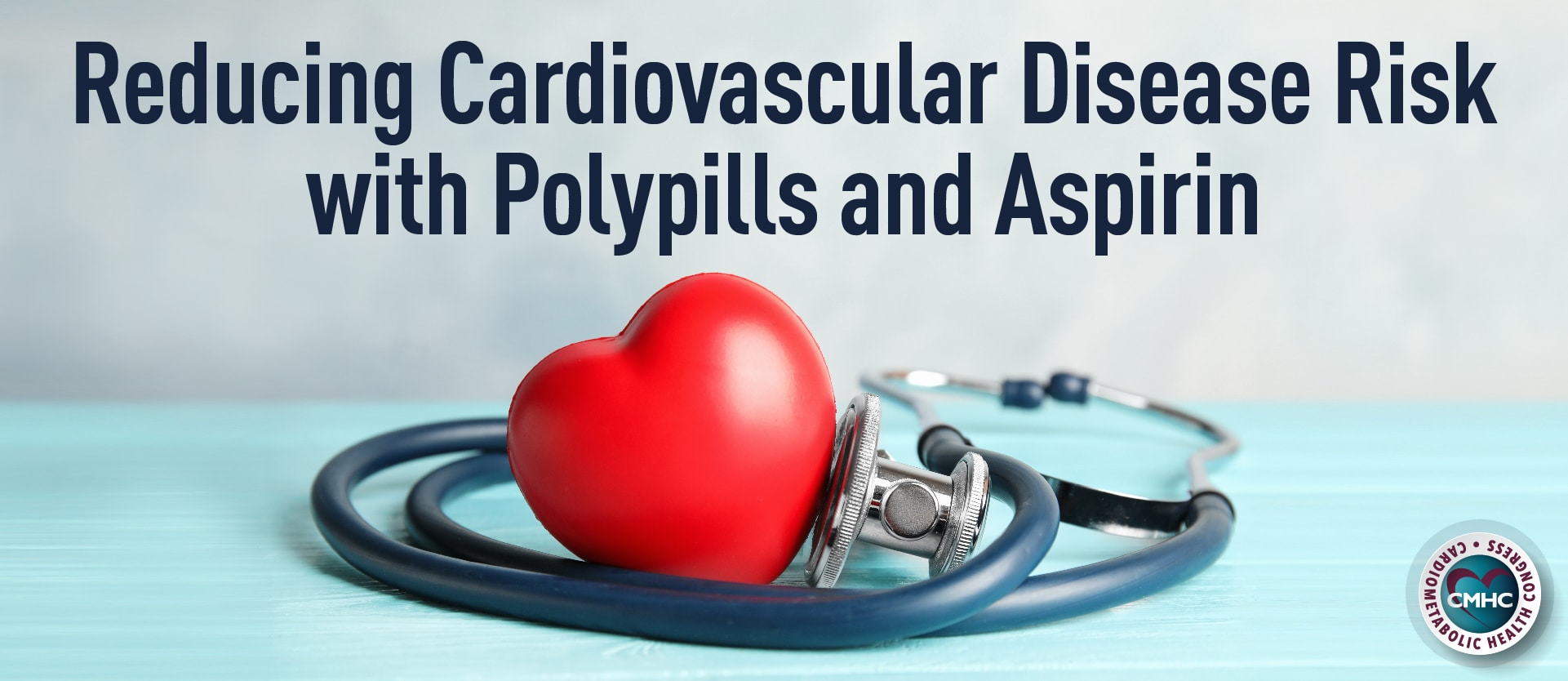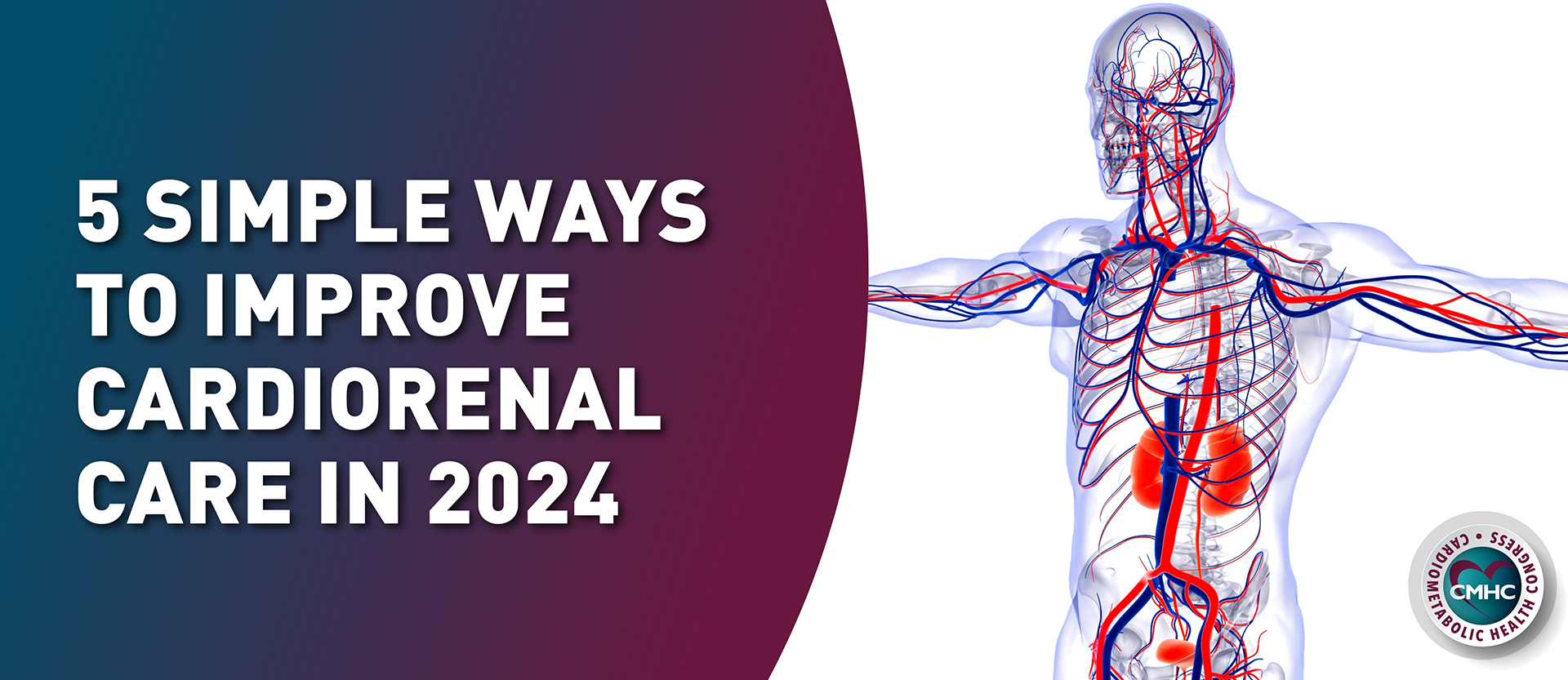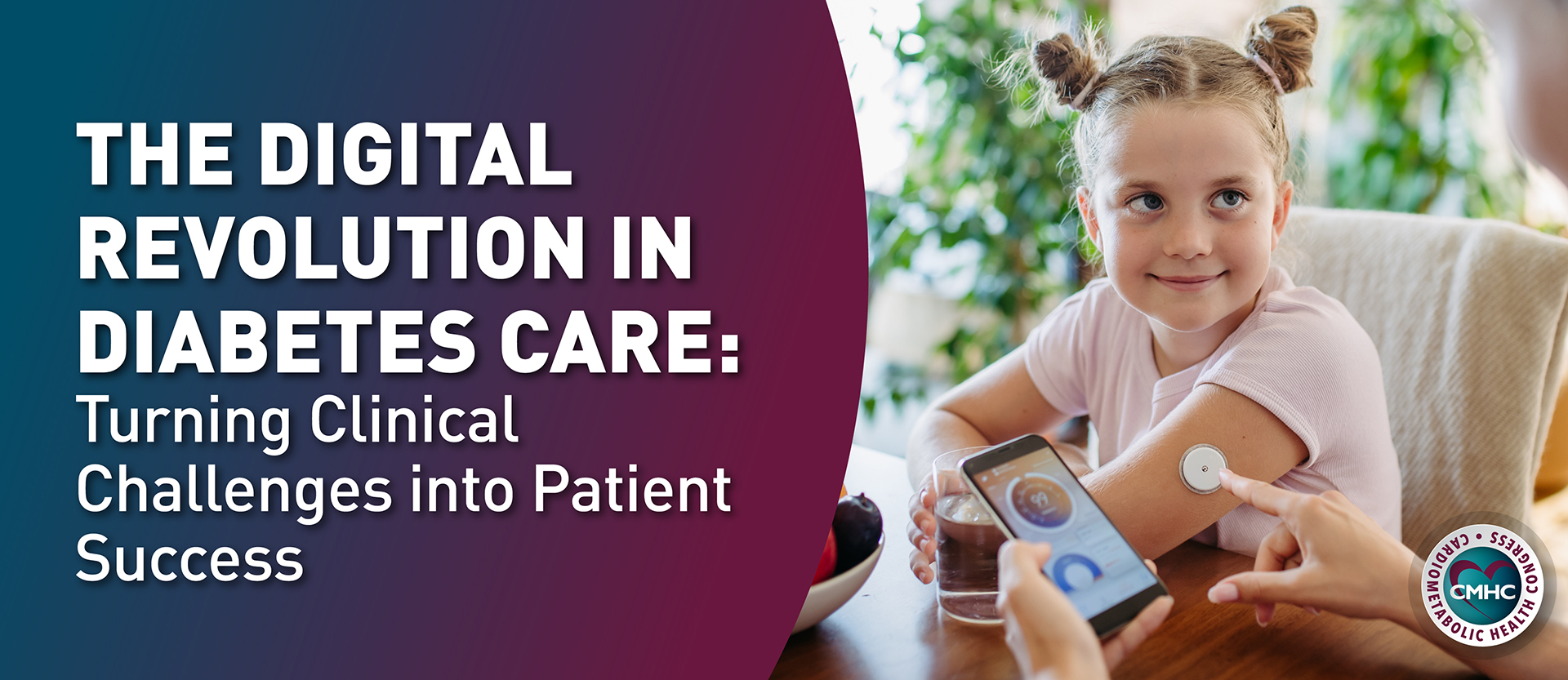Lifestyle interventions and preventative medications are central components of prevention strategies targeting cardiovascular disease (CVD) as well as attempts at lowering patient health risk factors. One possible pharmacologic intervention is the use of polypills, which has been found to improve adherence to preventive medications. Fixed-dose combination therapy in the form of a polypill is frequently used to control more than one health risk factor – such as combinations of heart disease, hypertension, type 2 diabetes, and stroke.
As part of a comprehensive strategy, reducing the risk of cardiovascular disease may be possible with the use of a polypill and aspirin combination. Emerging research published in The New England Journal of Medicine suggests that a polypill comprised of statins, multiple blood-pressure-lowering drugs, and aspirin may reduce the risk of cardiovascular disease.
Assessing Polypill Efficacy
As part of the large, international trial, a team of researchers randomly assigned participants without cardiovascular disease who had an elevated INTERHEART Risk Score to receive one of several therapeutic options or placebo. The study included a total of 5713 participants, with an average age of 64 years and 47% were males. The follow-up period was an average of 4.6 years during which the investigators monitored for the first occurrence of a major cardiovascular event or death.
The researchers used a 2-by-2-by-2 factorial design which involved a polypill, a polypill-plus-aspirin combination, or placebo drug. The polypill contained 40 mg of simvastatin, 100 mg of atenolol, 25 mg of hydrochlorothiazide, and 10 mg of ramipril. Along with the polypill or placebo, participants took either 75 mg of aspirin or placebo as well as vitamin D or placebo daily.
The study’s authors investigated the outcomes and safety of the administration of the polypill alone compared with matching placebo conditions; for aspirin alone as compared with matching placebo; and for the polypill-plus-aspirin combination compared with double placebo. In the case of polypill-only and polypill-plus-aspirin comparisons, the primary outcome was death from cardiovascular causes, myocardial infarction, stroke, resuscitated cardiac arrest, heart failure, or revascularization. For the aspirin comparison, the primary outcome measured was death from cardiovascular causes, myocardial infarction, or stroke.
Polypill-Plus-Aspirin Benefits
The analysis revealed that the primary outcome for the polypill comparison occurred in 126 participants (4.4%) of the polypill group and in 157 (5.5%) individuals in the placebo group. The researchers found that the use of the polypill alone was able to reduce cardiovascular disease by up to 21%.
Additionally, the primary outcome for the aspirin comparison occurred in 116 participants (4.1%) of the aspirin group and in 134 participants (4.7%) of the placebo group. Aspirin alone was able to reduce rates of cardiovascular death, heart attack, and stroke by 14%.
Finally, the primary outcome for the polypill-plus-aspirin comparison occurred in 59 participants (4.1%) in the combined-treatment group and 83 (5.8%) of the double-placebo group. The polypill-plus-aspirin reduced cardiovascular disease most significantly by 31%.
The study’s authors also found that low-density lipoprotein cholesterol levels were lower by approximately 19mg per deciliter and systolic blood pressure was lower by approximately 5.8 mm Hg in the polypill and polypill-plus-aspirin cohort than in patients receiving the placebo. However, they noted that the incidence of hypertension or dizziness was higher in groups receiving polypill than those in placebo, which will require further investigation.
Clinical Implications
As the latest findings indicate, the combination treatment comprised of a polypill plus aspirin may lead to a lower incidence of cardiovascular events among individuals without cardiovascular disease who experience an intermediate risk for cardiovascular conditions.
“Aspirin should be prescribed with a polypill in primary prevention for patients at intermediate risk of heart disease,” Salim Yusuf, M.D., B.S., D. Phil., co-author of the study told Science Daily. “Our study results provide important data regarding the role of the polypill in preventing the development of heart disease.”
Co-author Prem Pais, MBBS, MD, professor in the division of clinical research and training at St. John’s Research Institute in Bangalore, India, added, “We were also interested in evaluating if combining blood pressure and cholesterol reduction medications in a single pill would be effective for this population. This is a cost-effective strategy that could help meet global targets of reducing CVD by 30% by 2030.”
The combination therapy method could potentially avert between 3 and 5 million cardiovascular deaths across the globe and have a profound impact on the cardiovascular health outcomes of the population. In the future, polypills comprised of newer statins may be able to further reduce LDL cholesterol, blood pressure, and cardiovascular disease risk by over 50%, the researchers concluded.


















